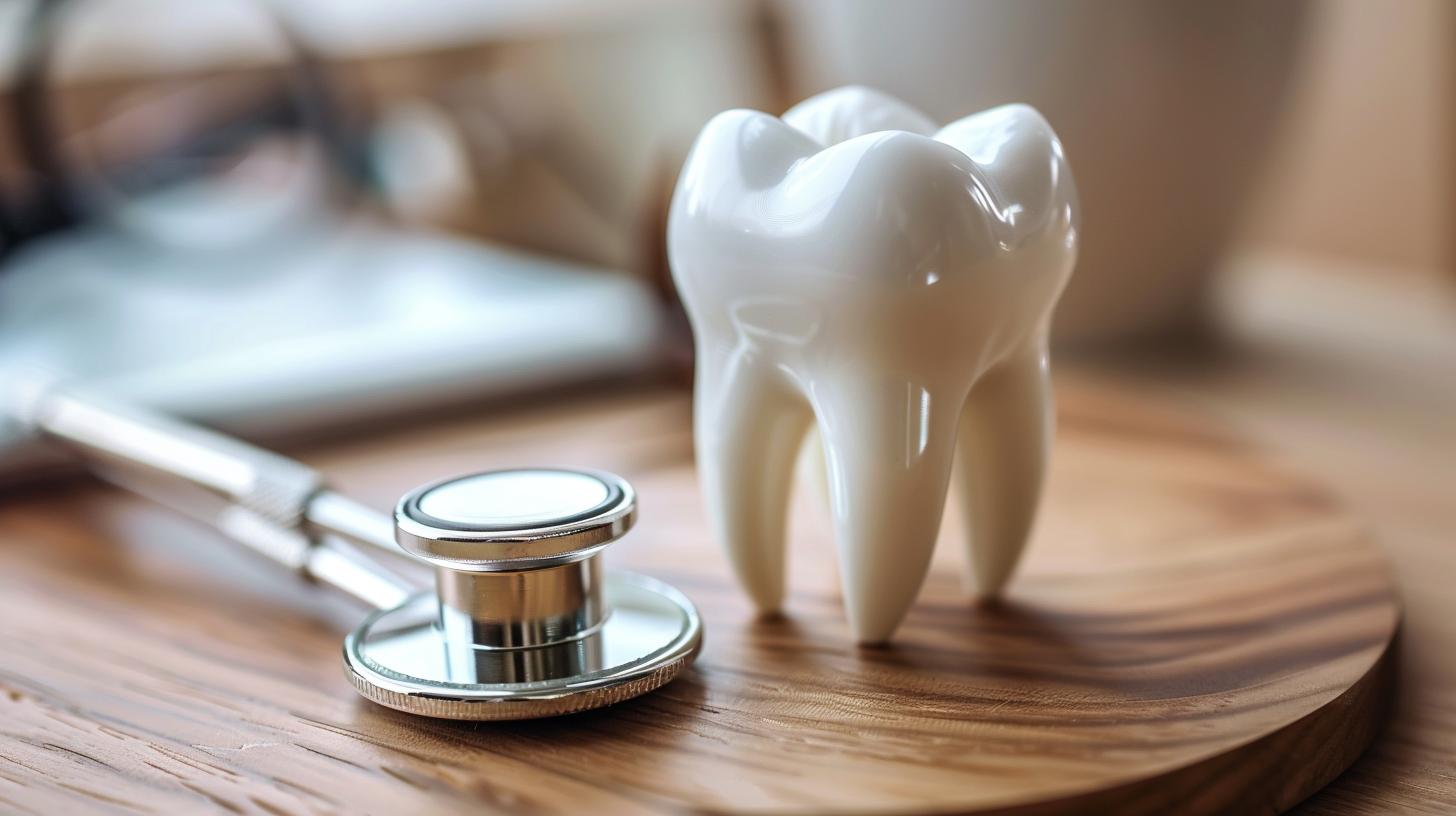Dental insurance frauds can have serious legal and ethical consequences. Fraudulent practices include billing for services not rendered and using false patient information. Preventive measures, such as clear policies and staff education, are essential to combat this issue effectively.
Collaborating with insurance companies is key in detecting and preventing dental insurance frauds.
Recognizing Dental Insurance Frauds
In the realm of dental insurance, it is essential to be vigilant in identifying potential instances of fraud. Understanding common fraudulent practices can help protect against deceitful activities.
Fraudulent Billing Practices
- Billing for services not provided
- Inflating claims for treatments
- Submitting claims with altered dates
Misuse of Patient Information
- Using patient data without consent
- Sharing patient information illegally
Inflated Claims and Services Not Rendered
- Charging for services that were never performed
- Exaggerating the complexity of treatments
Preventing Dental Insurance Frauds
When it comes to preventing dental insurance frauds, there are several key strategies that can be implemented in dental practices and offices.
Establishing Clear Policies
- Developing and implementing clear policies and procedures regarding billing and insurance claims.
- Ensuring that all staff members are trained on these policies to maintain consistency.
- Regularly reviewing and updating policies to reflect any changes in regulations or industry standards.
Educating Staff and Dental Professionals
- Providing ongoing education and training to staff on recognizing potential signs of insurance fraud.
- Offering resources and guidance on ethical billing practices and patient information security.
- Encouraging open communication and reporting of any suspicious activities related to insurance claims.
Collaborating with Insurance Companies
- Establishing a cooperative relationship with insurance providers to enhance transparency and communication.
- Participating in fraud prevention programs offered by insurance companies to stay proactive.
- Regularly communicating with insurance representatives to address any concerns or discrepancies in claims.
Consequences of Dental Insurance Frauds
When dental insurance fraud occurs, there are significant legal and ethical implications for all parties involved.
Understanding the impact on patients and dental practices is crucial for maintaining trust and integrity within the healthcare system.
Legal and Ethical Implications
The legal and ethical consequences of dental insurance fraud can be severe, leading to fines, legal action, and damage to professional reputation. It is essential to uphold ethical standards and comply with regulations to avoid these repercussions.
Impact on Patients and Dental Practices
Dental insurance fraud not only affects the financial well-being of patients but also undermines the credibility of dental practices. Patients may face higher costs, inadequate treatment, and a loss of trust in their healthcare providers.
Prevention and Detection Measures
- Implementing thorough checks and balances to prevent fraudulent activities
- Training staff on detecting and reporting potential fraud
- Collaborating with insurance companies to share information and combat fraud effectively
.


















